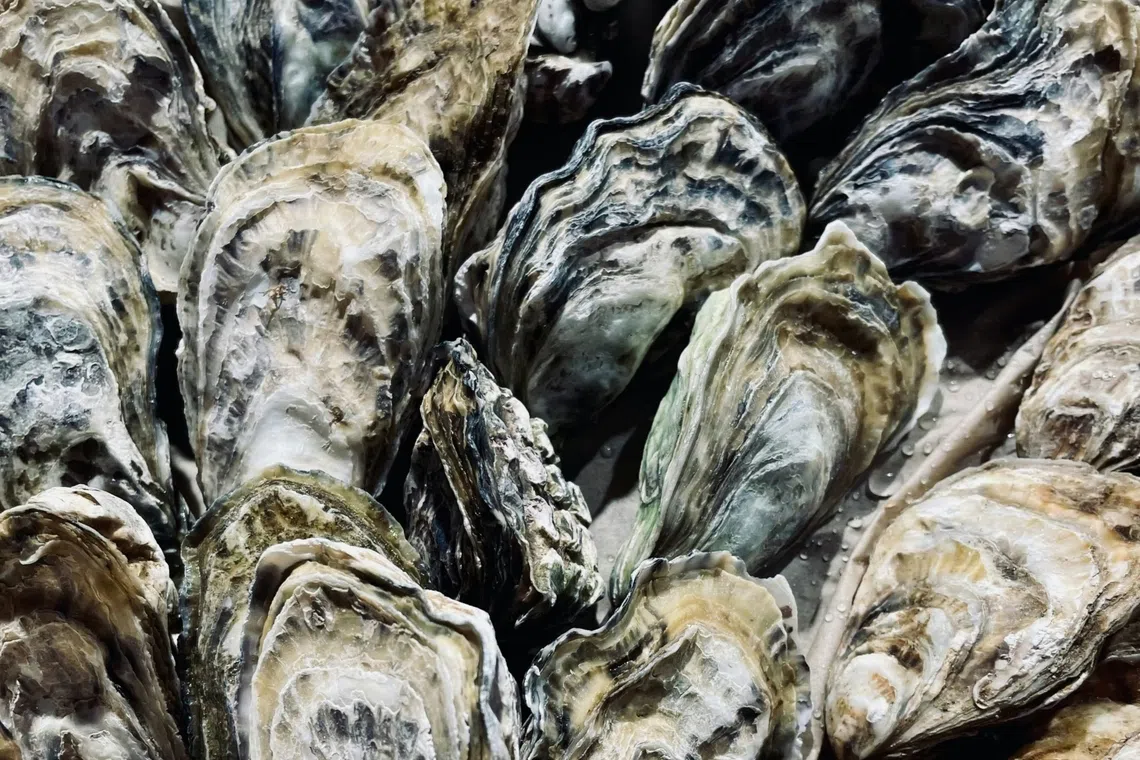Japan's Hiroshima Region Battles Major Oyster Die-Off, Government Launches Probe
Japan's Hiroshima Prefecture is facing a severe crisis as its vital farmed oyster population experiences a widespread and alarming die-off. This significant ecological event has spurred a rapid government investigation into the underlying causes and a commitment to provide support for the beleaguered aquaculture industry.
Devastating Losses Reported Across Key Farming Areas
Since the beginning of the harvest season in October, reports emerging from Higashihiroshima and Kure, critical oyster farming regions in western Japan, paint a grim picture. An estimated 80 to 90 percent of farmed oysters have perished prematurely, indicating a catastrophic loss for local producers.
In response to the escalating situation, Farm Minister Norikazu Suzuki personally visited an oyster farm in Higashihiroshima on November 19. His visit underlined the government's serious approach, as he pledged unwavering assistance to affected oyster farmers, coordinating closely with local authorities to ascertain the cause and implement relief measures.
Wider Regional Impact and Potential Environmental Factors
The issue of mass oyster mortality is not isolated to Hiroshima alone. Neighboring Okayama Prefecture and Hyogo Prefecture have also reported similar incidents. All three prefectures share coastlines with the Seto Inland Sea, suggesting a potential regional environmental factor contributing to the widespread deaths.
While the precise cause remains under intensive investigation, the farm ministry has outlined several potential culprits. These include environmental stressors such as elevated seawater temperatures, an unusual increase in the sodium content of the water, or a critical depletion of oxygen levels. Authorities are diligently working to identify the exact environmental stressor responsible for this seafood crisis and to develop strategies to mitigate its impact on Japan's crucial oyster farming communities.

